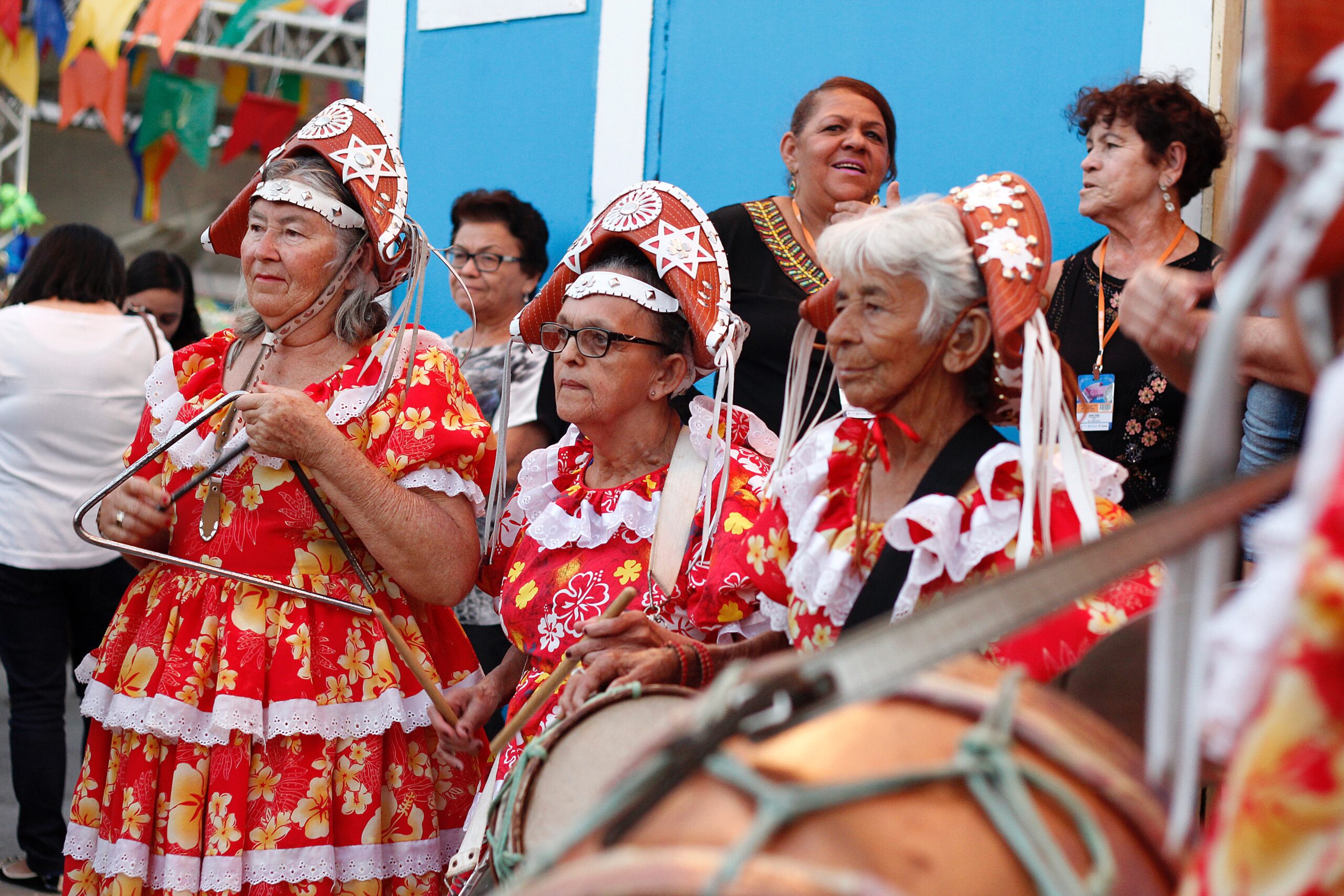Introductoin
Cultural travel offers a unique opportunity to delve into the heart and soul of a destination.
immersing oneself in its rich tapestry of heritage, traditions, and authentic experiences. It goes beyond mere sightseeing, enabling travelers to connect with local communities. then explore historical landmarks, celebrate cultural festivals, and indulge in culinary delights. we will embark on a captivating journey, unveiling the wonders of cultural travel and how it opens doors to meaningful connections and unforgettable adventures.

-
Cultural Travel: Heritage Destinations: Time Capsules of the Past
- Visiting such places allows diving into history, exploring archaeological treasures, and understanding societal evolution.
- Institutions like the Louvre in Paris and the National Museum of Anthropology in Mexico City bridge past and present.
- They offer captivating journeys through time, showcasing the evolution and rich history of human societies.
- Exploring these institutions provides a deeper understanding of our past and the progression of civilizations over time.
Moreover, visiting UNESCO World Heritage Sites provides an opportunity to learn about the global significance of these cultural gems.
-
Authentic Experiences: Connecting with Local Life
To truly immerse oneself in a culture, it is essential to seek authentic experiences that connect us with the local way of life. Interacting with locals offers invaluable insights into their customs, traditions, and daily routines. Whether it’s joining a traditional dance in India, learning to cook a local dish in Italy, or participating in a tea ceremony in Japan, these experiences enable us to forge meaningful connections and gain a deeper understanding of the destination’s cultural fabric.
-
Local Traditions: Unveiling the Heartbeat of a Culture
The essence of a culture lies in its traditions, passed down through generations. Cultural travel allows us to witness and participate in these age-old customs and rituals. From attending a traditional wedding ceremony in Bali to observing indigenous communities practicing ancient healing traditions, we can gain profound insights into the values, beliefs, and spirituality that shape a community’s identity.
-
Historical Landmarks: Stories Etched in Stone
Historical landmarks stand as silent storytellers, carrying tales of triumphs, struggles, and significant events of the past. Exploring iconic structures such as the Great Wall of China, the Pyramids of Egypt, or the Colosseum in Rome, transports us through time and evokes a sense of wonder. These architectural marvels not only captivate us with their grandeur but also provide a deeper understanding of the historical, cultural, and artistic achievements of civilizations.
-
Cultural Festivals: A Symphony of Colors and Celebrations
Cultural festivals offer a vibrant glimpse into a community’s traditions, artistry, and collective spirit.
- Vibrant festivals like Rio de Janeiro’s Carnival and India’s Diwali burst with color, music, dance, and culinary delights.
- Engaging in these celebrations lets travelers immerse in local culture, sharing the joy and unity of communities.
- Carnival in Rio and Diwali in India showcase local traditions, offering an unforgettable cultural experience.
- Participation in these festivals integrates travelers into the exuberance and spirit that bind communities during these special events.
-
Art and Architecture: Masterpieces of Expression
Art and architecture serve as windows into a culture’s creativity and expression. From ancient cave paintings to contemporary street art, each piece tells a unique story.
- Cultural travel unveils local craftsmanship, explores diverse art styles, and visits galleries and museums with precious artworks.
- Admiring the intricate frescoes of the Sistine Chapel or avant-garde exhibits in the Tate Modern exposes a destination’s soul through art and architecture.
-
Culinary Exploration: A Gastronomic Adventure
Food has the power to unite people and is an essential component of cultural exploration.
- Culinary travel is a gastronomic adventure, exploring traditional dishes and new flavors with local cooking techniques.
- From India’s spicy curries to Japan’s delicate sushi, every bite unveils the essence of a culture.
- These culinary journeys immerse travelers in diverse flavors, offering a cultural experience through food exploration.
- Exploring global cuisines like Indian curries and Japanese sushi provides insight into a culture’s heart through its flavors.

-
Cultural Exchange: Bridging the Divide
Cultural travel fosters cross-cultural exchange, breaking down barriers and promoting mutual understanding. It provides a platform for people from different backgrounds to share stories, experiences, and perspectives. By engaging in meaningful conversations and interactions, we not only broaden our own horizons but also contribute to building a more interconnected and compassionate world.
-
Indigenous Communities: Guardians of Cultural Heritage
Indigenous communities are the custodians of unique cultural traditions and practices. Cultural travel offers an opportunity to learn from these communities, to listen to their stories, and to participate in their rituals. Whether it’s joining a Native American powwow, spending time with Maasai warriors in Kenya, or immersing oneself in the traditions of the Aboriginal people in Australia, these encounters allow us to appreciate the wisdom and resilience of indigenous cultures.
-
Museums and Galleries: Preserving the Past
Museums and galleries serve as repositories of a culture’s history, preserving artifacts and artworks for future generations. They offer a chance to delve into the past, to explore archaeological treasures, and to gain a deeper understanding of the evolution of societies. From the Louvre in Paris to the National Museum of Anthropology in Mexico City, these institutions provide a captivating journey through time, bridging the gap between past and present.
-
Traditional Crafts: A Testament to Skill and Creativity
Traditional crafts are the embodiment of a culture’s heritage and craftsmanship. Cultural travel allows us to observe skilled artisans as they create intricate pottery, delicate textiles, or exquisite wood carvings. By supporting local artisans and purchasing their handicrafts, we contribute to the preservation of traditional skills and the economic empowerment of local communities.
-
Folklore and Storytelling: The Magic of Narratives
Folklore and storytelling are the threads that weave together a community’s collective memory. Cultural travel provides an opportunity to engage in local legends, myths, and folklore, listening to captivating stories that have been passed down through generations. These narratives not only entertain but also offer insights into a community’s values, beliefs, and cultural identity.
-
Religious Sites and Rituals: Exploring the Sacred
Religion plays a significant role in shaping cultures around the world.
- Cultural travel enables visits to sacred places, observing deeply rooted religious ceremonies and traditions.
- Exploring serene temples in Kyoto and magnificent mosques in Istanbul offers insight into spiritual practices.
-
Music and Dance: Rhythms of Cultural Expression
Music and dance are universal languages that transcend boundaries. Cultural travel offers opportunities to experience traditional performances, where rhythmic beats and graceful movements come together to tell stories and express emotions. Whether it’s the passionate tango in Argentina, the vibrant flamenco in Spain, or the enchanting melodies of traditional African drumming, these cultural expressions create a bridge between the past and the present.

Cultural Travel: Conclusion
ltural travel opens a world of discovery and connection, where we become not just observers but active participants in the rich tapestry of human culture. By immersing ourselves in cultural immersion, visiting heritage destinations, embracing authentic experiences, and celebrating local traditions, we enrich our lives and gain a deeper appreciation for the diversity that makes our world so vibrant.
FAQs:
To ensure an authentic cultural experience while traveling, try to interact with locals. participate in traditional activities, and immerse yourself in the local community. Avoid tourist traps and seek out genuine cultural events, festivals, and workshops. that allow you to engage with the local way of life.
There are numerous heritage destinations worth exploring for cultural travelers. Some notable examples include Rome (Italy), Kyoto (Japan). Cairo (Egypt), Cusco (Peru), Istanbul (Turkey), and Athens (Greece), each offering unique cultural experiences and historical landmarks.
Supporting local artisans and traditional crafts is crucial for preserving cultural heritage. Purchase handmade crafts directly from local artisans or visit local cooperatives and markets that promote fair trade practices. By supporting these artisans, you contribute to the sustainability of their craft and the economic well-being of their communities.
Yes, cultural travel has the potential to promote sustainable tourism practices.
They can provide valuable information about upcoming festivals, exhibitions, and performances that align with your travel dates.
Must Read: Cheap Destinations: Traveling on a Budget Made Easy Tips

